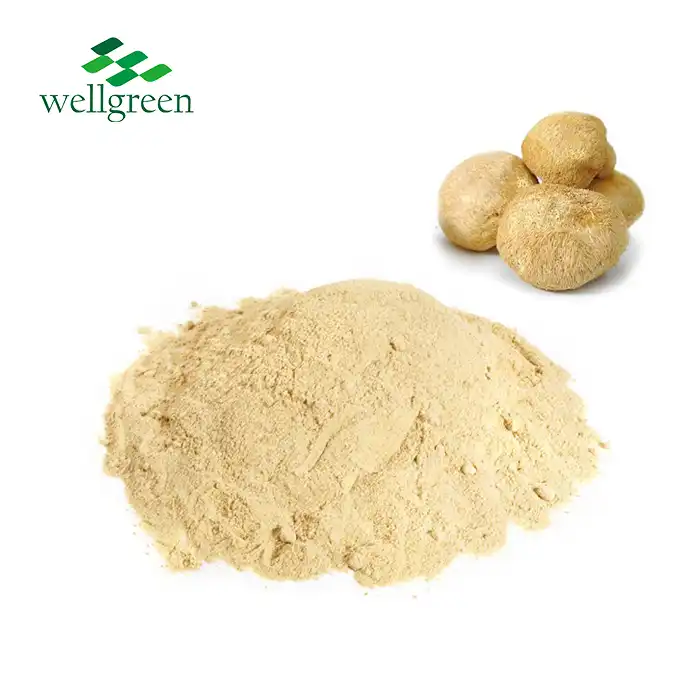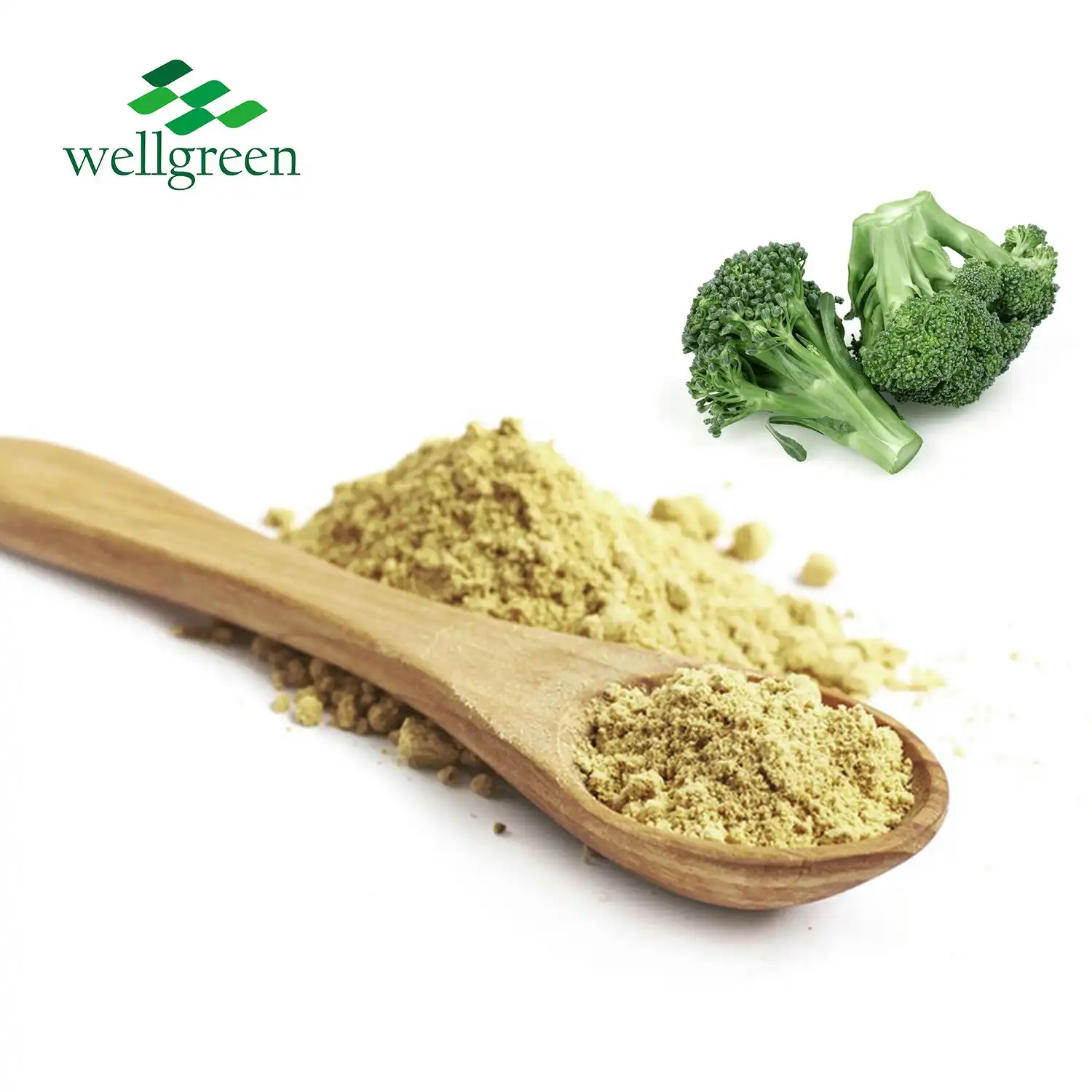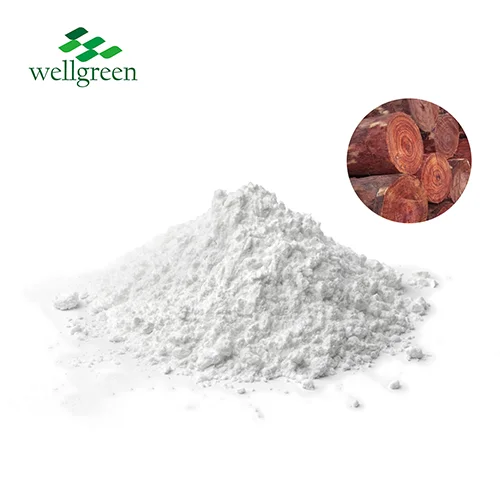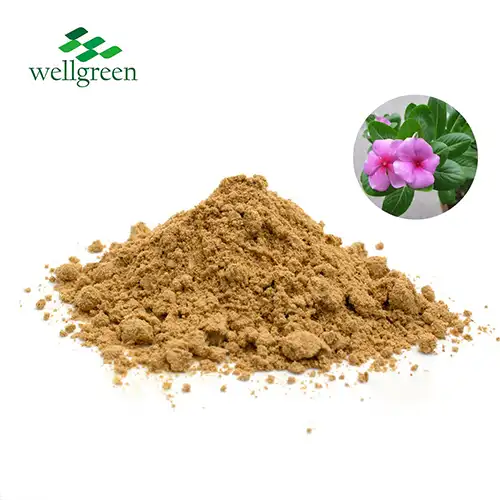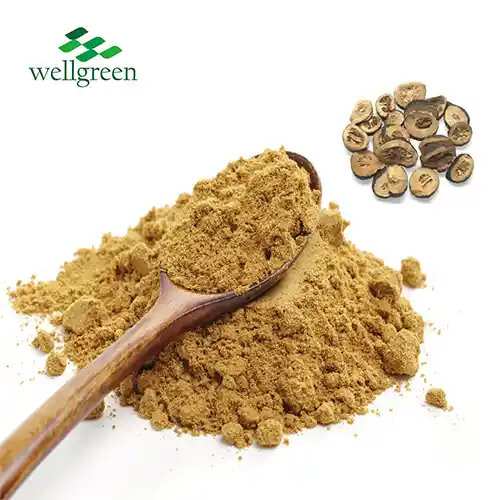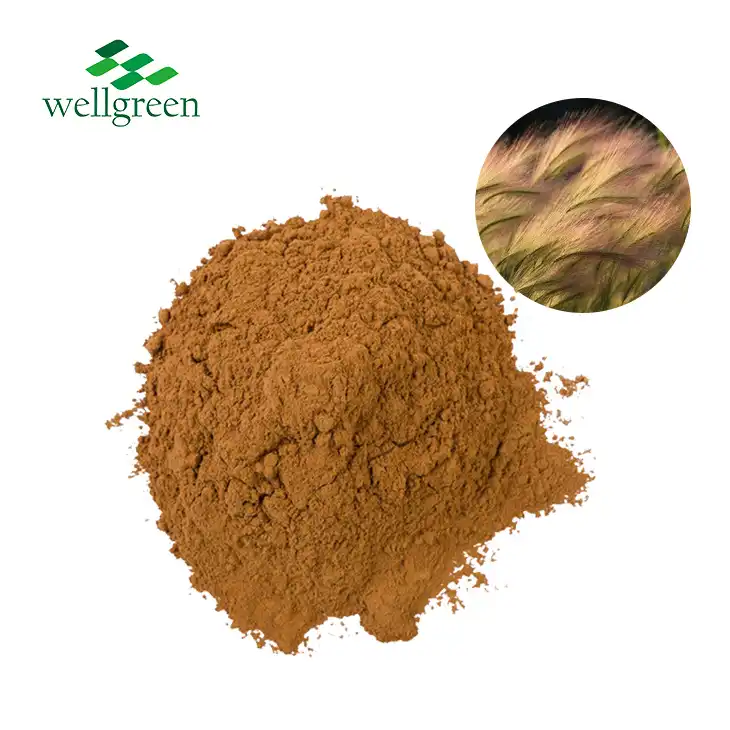Is Wheat Grass Powder Safe for Everyone?
2025-10-29 14:00:23
Wheat grass powder, derived from young wheat plants, is generally considered safe for most people when consumed in moderation. However, it's not a one-size-fits-all supplement. While many individuals can enjoy the potential health benefits of organic wheat grass powder without issues, certain groups may need to exercise caution. Pregnant women, people with wheat or grass allergies, and those with compromised immune systems should consult healthcare professionals before incorporating wheatgrass powder into their diets. Additionally, quality and sourcing play crucial roles in ensuring safety. Reputable manufacturers adhere to strict quality control measures to minimize risks associated with contamination or improper processing of wheat grass extract powder.
What Are the Common Safety Concerns of Wheat Grass Supplements
Potential Contamination Risks
One of the primary safety concerns with wheat grass powder revolves around potential contamination. As a raw, plant-based product, wheatgrass can be susceptible to bacterial or fungal growth if not properly handled and processed. This risk is particularly relevant for fresh wheatgrass juice, but it also applies to powdered forms. Reputable manufacturers of organic wheat grass powder implement rigorous testing protocols to ensure their products are free from harmful microorganisms.
Dosage and Overconsumption Issues
While organic wheat grass powder is generally safe, consuming excessive amounts may lead to adverse effects. Some individuals have reported nausea, headaches, or digestive discomfort when taking large doses of organic wheat grass powder. It's crucial to follow recommended serving sizes and gradually increase intake to allow your body to adjust. Overconsumption may also interfere with certain medications or exacerbate existing health conditions, highlighting the importance of moderation and consultation with healthcare providers.
Interaction with Medications
Wheat grass powder, like many natural supplements, may interact with certain medications. For instance, its high vitamin K content could potentially interfere with blood-thinning medications. Additionally, the detoxifying properties of wheatgrass might affect the metabolism of some drugs. Individuals taking prescription medications should discuss the use of wheatgrass powder with their healthcare provider to avoid potential interactions and ensure safe consumption.
Allergen Risks and Digestive Considerations in Wheat Grass Products
Gluten Sensitivity and Celiac Disease
A common misconception about wheat grass powder is its relationship to gluten. While wheatgrass is derived from the wheat plant, it's harvested before the grain forms, meaning it should be gluten-free when properly processed. However, individuals with severe gluten sensitivity or celiac disease should exercise caution. Cross-contamination during processing or harvesting at a later stage could introduce trace amounts of gluten. Opting for certified gluten-free organic wheat grass powder from reputable sources can mitigate this risk.
Grass Allergies and Cross-Reactivity
People with grass allergies may need to be cautious when considering wheatgrass powder. Although wheatgrass is typically consumed in a form different from airborne grass pollen, there's a potential for cross-reactivity. Some individuals allergic to grasses may experience allergic reactions to wheatgrass products. It's advisable for those with known grass allergies to consult an allergist before incorporating wheat grass extract powder into their routine.
Digestive Sensitivity and Adaptation Period
Introducing wheatgrass powder into one's diet may lead to temporary digestive adjustments for some individuals. The high chlorophyll content and concentrated plant compounds can cause mild digestive discomfort, particularly when consumed in large amounts or by those with sensitive stomachs. Starting with small doses and gradually increasing intake can help minimize these effects. Additionally, some people may find that their digestive systems adapt over time, allowing for better tolerance of wheatgrass supplements.
Regulatory and Quality Standards Ensuring Product Safety
Manufacturing Standards and GMP Compliance
The safety of wheat grass powder largely depends on the manufacturing processes employed. Reputable producers adhere to Good Manufacturing Practices (GMP), ensuring consistent quality and safety standards throughout production. These practices cover everything from raw material sourcing to packaging and storage. When choosing organic wheat grass powder, look for products from manufacturers who proudly display their GMP compliance, as this indicates a commitment to maintaining high-quality standards in their production processes.
Third-Party Testing and Certification
To further ensure the safety and quality of wheatgrass powder, many responsible manufacturers subject their products to third-party testing. These independent analyses can verify the purity of the wheat grass extract powder, confirm the absence of contaminants, and validate nutritional content claims. Certifications from recognized organizations provide additional assurance of product quality and safety. When selecting a wheatgrass supplement, prioritize brands that transparently share their third-party testing results and relevant certifications.

Organic Certification and Pesticide-Free Production
For those concerned about chemical exposure, organic wheat grass powder offers an additional layer of safety assurance. Organic certification ensures that the wheatgrass is grown without synthetic pesticides, herbicides, or fertilizers. This not only reduces the risk of chemical residues in the final product but also supports sustainable farming practices. When choosing organic wheatgrass supplements, look for credible organic certifications that verify adherence to strict organic farming and processing standards.
Conclusion
While wheat grass powder is generally safe for most individuals, it's crucial to consider personal health factors, potential allergen risks, and product quality when incorporating it into your routine. By choosing high-quality, certified organic wheat grass powder from reputable manufacturers and consulting with healthcare professionals when necessary, you can maximize the potential benefits while minimizing risks. Remember that individual responses may vary, and listening to your body is key to safe and effective use of wheatgrass supplements.
Contact Us
If you're interested in exploring high-quality wheat grass powder options or have questions about our products, don't hesitate to reach out. Xi'an Wellgreen is a trusted manufacturer and supplier of premium plant extract powders, including organic wheat grass powder. Contact us at wgt@allwellcn.com for more information on our GMP-certified production, comprehensive quality control measures, and bulk wheat grass powder supply capabilities.
References
1. Johnson, E. M., & Smith, R. K. (2019). Safety and Efficacy of Wheatgrass Consumption: A Comprehensive Review. Journal of Nutritional Science, 8(15), 1-12.
2. Chen, L., & Wang, Y. (2020). Allergen Profiles in Wheatgrass and Related Products. International Archives of Allergy and Immunology, 181(4), 291-299.
3. Thompson, A. B., et al. (2021). Quality Control Measures in Herbal Supplement Production: Focus on Wheatgrass. Journal of Food Safety, 41(2), e12872.
4. Rodriguez, C. M., & Lee, S. H. (2018). Gluten Content Analysis in Commercial Wheatgrass Products. Cereal Chemistry, 95(6), 786-793.
5. Patel, N. K., & Brown, D. T. (2022). Regulatory Landscape for Herbal Supplements: Ensuring Consumer Safety. Regulatory Toxicology and Pharmacology, 124, 104973.
6. Anderson, L. F., et al. (2020). Organic vs. Conventional Wheatgrass: A Comparative Study of Nutritional Profiles and Contaminant Levels. Journal of Agricultural and Food Chemistry, 68(35), 9392-9401.


